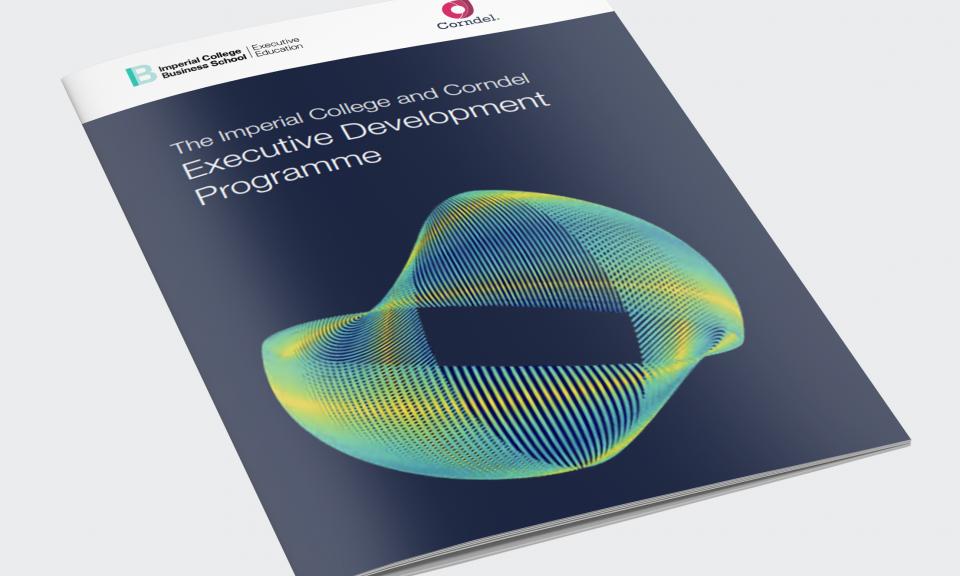
With a plethora of high-paying jobs available through college education, it is no surprise that an increasing number of students decide to continue their education. Whether by pursuing a two-year program or a master’s degree, an added educational experience can maximize earning potential and provide job security in an increasingly unstable job market.
One of the best sectors in terms of pay arguably is in the field of science, and yet we see a stagnation of those pursuing science-related careers in many parts of the world. Why is this?
To provide some insight into why so many students are forgoing a career in science, we’ll examine the factors and explain what is deterring these students from this lucrative industry.
Perceived Difficulty
A huge reason why students are choosing lucrative careers in other fields besides science is the perceived difficulty of the area of study. Many people consider scientists to be very intelligent; as such, the area of study must by definition be very difficult to master.
While the truth is that there are many different areas of sciences – each of which rely on different knowledge bases and skill-sets – there is still a stigma in society over the study. Potentially compounding this problem is the fact that many science-related careers draw not just on traditional areas of science, but mathematics as well. This can be a real turn-off for many who feel they are not sufficient enough in multiple areas of study to follow their passions.
A Perception of Hobby Rather Than Career
A variety of past studies have shown that most students enjoy the basics of sciences and what it entails. However, many do not see science as a viable career option like they see many other areas of study.
Why this is the case is up for debate: some blame the framing of science projects at the primary and secondary level, while others hypothesize that the treatment of science in media and pop culture makes the career benefits of pursuing such a degree less obvious.
A Combination of Different Studies
With most college majors, you understand quite clearly what it is you’re pursuing. After all, a significant share of degrees is hyper-focused on specific tasks and studies, making it easier to become an expert in a particular field.
With science, however, there is considerable overlap no matter which subset you decide to pursue (Biology Journal lays out a good example of this with their prep materials; view site). For example, chemistry draws on areas of natural science along with mathematics, while physics combines these areas plus a variety of others. Most people want to know exactly what they’ll be doing with their degree and want a specific focus: in the world of science, it is often not so black and white.
As the demand for science-related skill-sets continues to grow, the trend of many students not even considering careers in this field is worrisome. While a variety of STEM-related educational opportunities are expanding, the world of science is one area where global demand is outpacing current supply.













